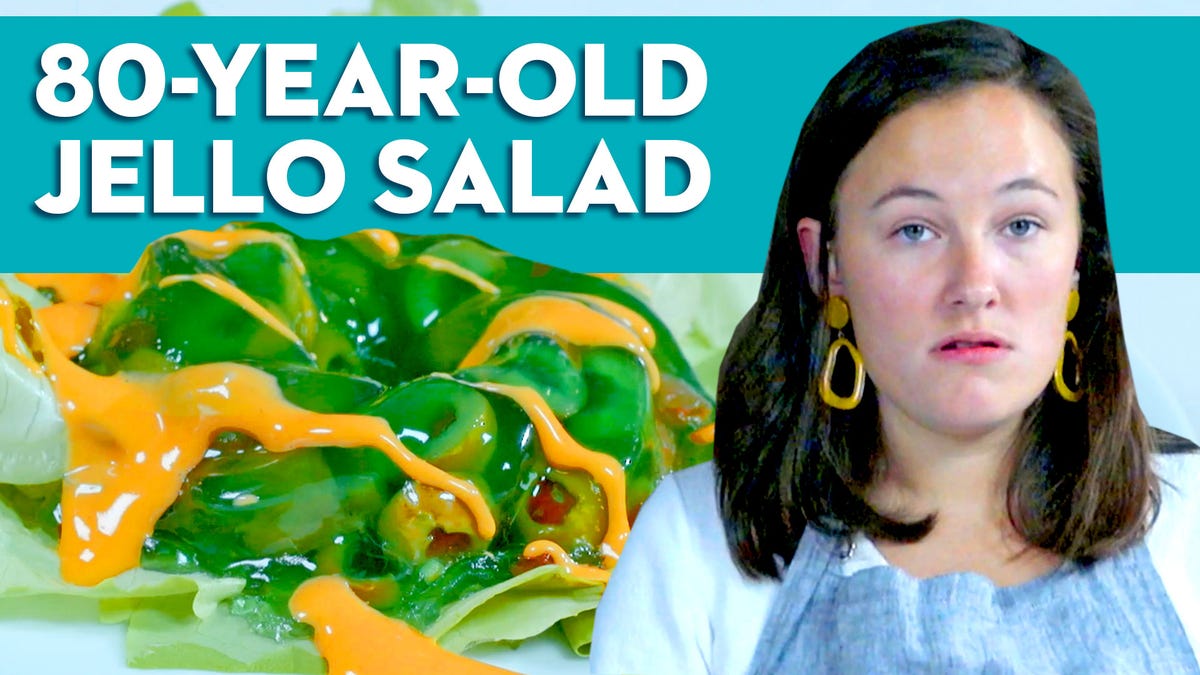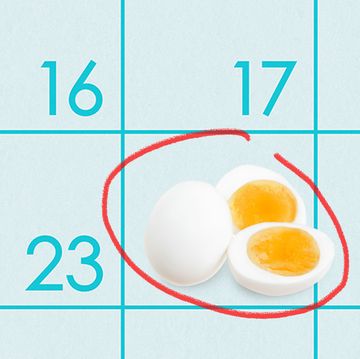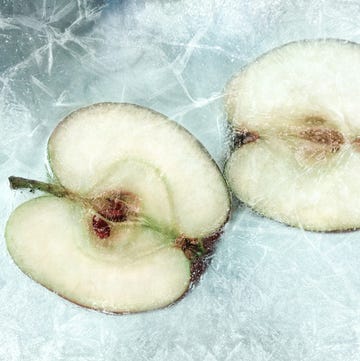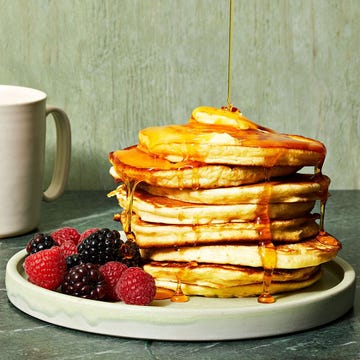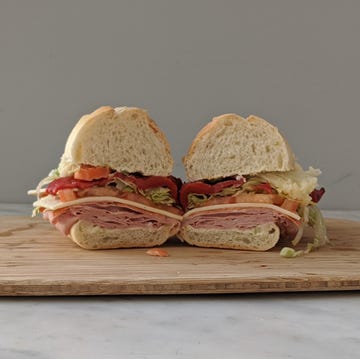We’ve all been there — you open the fridge and discover an excess of cheese, whether it’s leftovers from a party, the remains of a recipe or the results of grocery shopping on an empty stomach. While this may not seem like a huge problem (hello, endless snacks!), it’s helpful to know how to properly store that extra cheese so you can enjoy it later and avoid wasting food. After all, cheese can only last so long in the fridge before going bad.
So can you freeze cheese without ruining it? I asked Chief Food Director Kate Merker, who heads up the Good Housekeeping Test Kitchen, for her expert advice on the subject. Here's our guide to freezing cheese, including which ones to skip.
Jump to:
- Can you freeze cheese?
- What cheeses should not be frozen?
- How do you prepare cheese for freezing?
- How do you store cheese in the freezer?
- What is the best way to use frozen cheese?
- Can you freeze shredded mozzarella to use for pizza?
- Can you use frozen shredded cheese straight from the freezer?
- What does freezing do to the flavor of cheese?
Can you freeze cheese?
In short, yes. “You can freeze many types of cheese, particularly hard and semi-hard cheeses like Cheddar, Parmesan, Gouda and Emmental,” says Merker.
According to the USDA, freezing is a safe way to extend the shelf life of many foods, including cheese. While freezing stops the growth of bacteria that can lead to food poisoning, it does (negatively) affect texture. So once cheese is frozen, it doesn't matter if the date expires — just don’t expect it to be the star of your next cheese board.
What cheeses should not be frozen?
Soft, high-moisture cheeses don't freeze well. “Softer cheeses like goat cheese, Brie and Camembert are not good candidates for freezing," says Merker. Cheeses like these tend to tout a creamier texture and melt more easily, due in part to their high fat content. Freezing leads to the creation of ice crystals, which wreak havoc on texture.
If you're curious about cream cheese, the answer is complicated. Can you freeze it? Technically, yes — but proceed with caution. “While you certainly can freeze cream cheese, I personally wouldn't because it is never as good once thawed. It becomes less creamy overall,” says Merker.
How do you prepare cheese for freezing?
To freeze cheese like a pro, prep before you freeze. “If you plan to grate or slice the cheese when you're ready to use it, consider doing that before you freeze it,” says Merker.
After prepping, wrap it tightly. “The most important thing when freezing cheese is eliminating as much air as possible. Tightly wrap it (vacuum sealing is great if you have one) and then put the wrapped cheese in an airtight freezer-safe container or bag,” she says. Before you throw it in the freezer, make sure to label it clearly with the type of cheese and today's date.
Note: It's best to freeze shortly after your trip to the store — and do not freeze after the use-by or sell-by date.
How do you store cheese in the freezer?
For optimal freshness and to avoid cheese taking on the smells from other freezer foods, Merker says to use a vacuum sealer. If you don’t have one, fear not: Instead, she explains, “you can wrap in plastic wrap and then freeze in an airtight freezer-safe container or bag.”
What is the best way to use frozen cheese?
Cooking is your best bet. “Because freezing cheese alters the texture, the best thing to do with previously frozen cheese is to cook with it,” Merker says. “You can use it in baked casseroles or on pizza.” In other words, don’t thaw it for your holiday cheese tray but do use it for taco Tuesday.
Can you freeze shredded mozzarella to use for pizza?
Absolutely. “Previously frozen mozzarella is great for pizza,” says Merker. In fact, freezing shredded mozzarella is a great way to always be ready for a dinner emergency or a midnight pizza party.
Can you use frozen shredded cheese straight from the freezer?
You can — but Merker prefers a safer route: “I personally have never tested using frozen shredded cheese, so I would recommend thawing in the refrigerator overnight before using it.” Plus, thawing in the fridge keeps the cheese at a safe temperature, which aligns with the USDA’s guidance to never thaw at room temperature in order to avoid bacterial growth.
What does freezing do to the flavor of cheese?
Flavor-wise? You’re probably fine — especially if you followed our advice, above. Texture-wise? Expect a change. “Previously frozen cheese will be a bit drier and you will find it is quite crumbly,” says Merker. This is why prepping, pre-grating or cubing before freezing makes all the difference.
Kate Merker (she/her) is the Chief Food Director of the Hearst Lifestyle Group, overseeing the team that produces food content for several Hearst titles, including Good Housekeeping, Women’s Health, Prevention, Woman’s Day and Country Living. She has clocked nearly 20 years of experience in food media and before that, worked at some of New York City’s finest restaurants.




